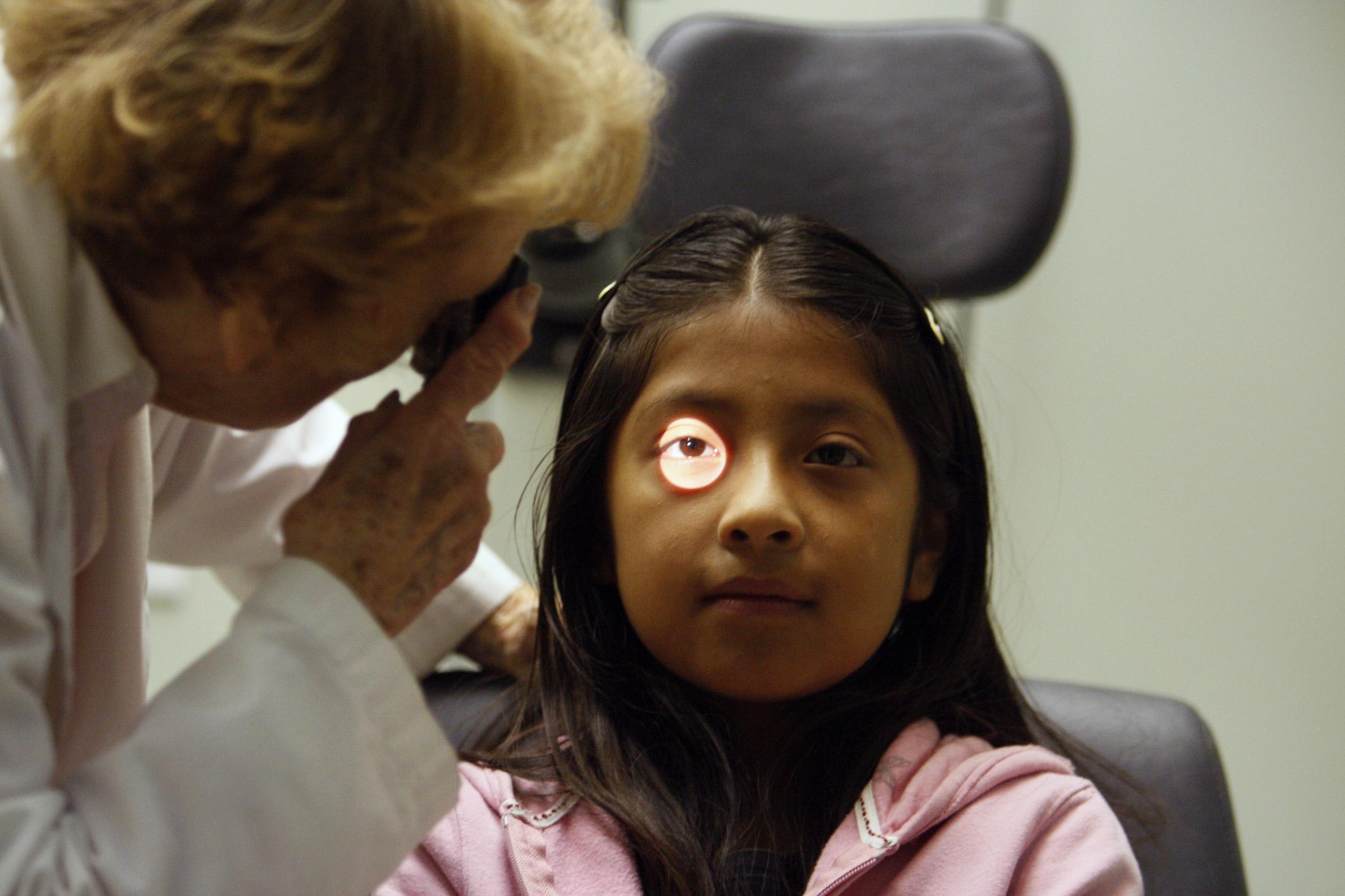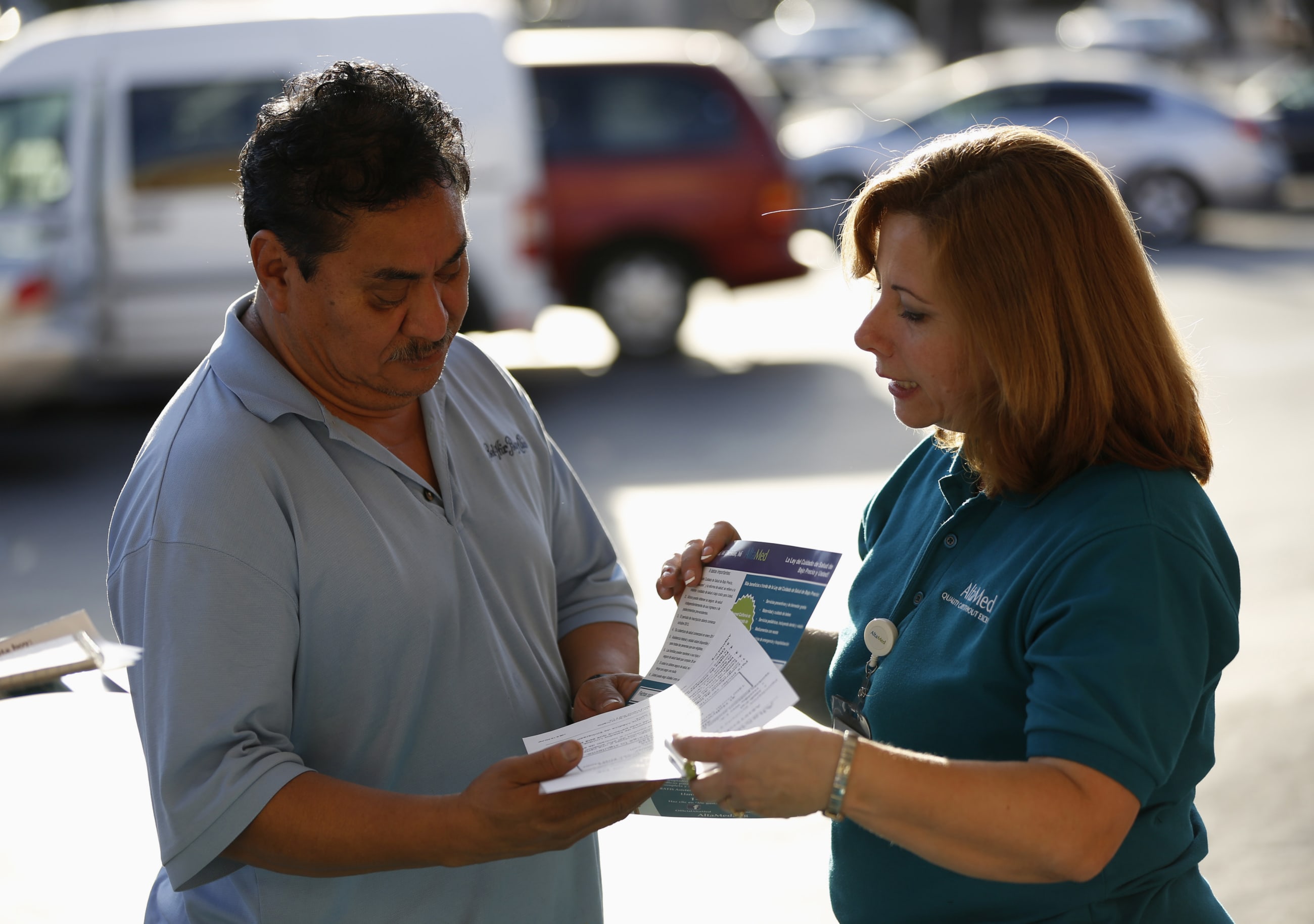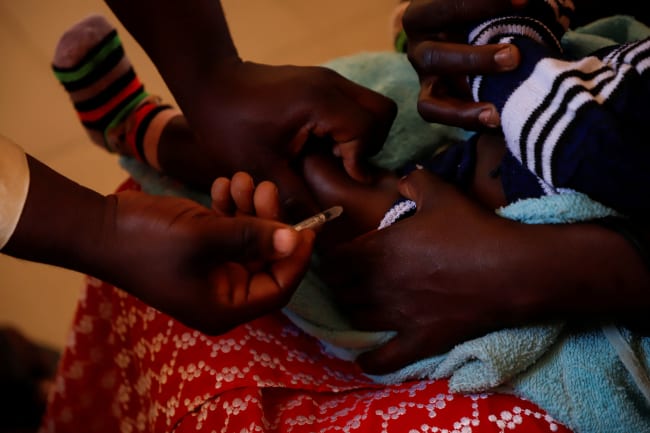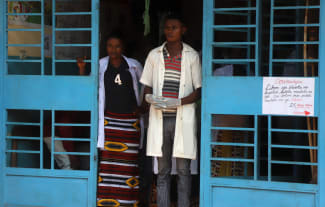The recent killing of a health insurance chief executive in midtown Manhattan ignited a firestorm online, bringing to the surface a deep indignation with the health system in the United States. Much of the conversation centered on claims denials: the ability of a health insurer to withhold payment for a service.
To learn more about which Americans experience denied claims and why, Think Global Health spoke with University of Toronto Professor and Researcher Alex Hoagland. According to Hoagland, having a claim denied can depend on a patient's race and ethnicity, education, income level, and type of care they are seeking. In a recent study, Hoagland explored the relationship between patient demographics and claim denials in the realm of preventive care—a subset of services that should be covered under the Affordable Care Act.
Hoagland and his team found that patients making $30,000 or less annually per household were 43% more likely to have their preventive care claims denied than the highest income group. Additionally, denial rates for Asian, Hispanic, and non-Hispanic Black patients were nearly twice those for non-Hispanic white patients. Depression screenings, diabetes screenings, and administration of contraceptives were denied most often. Hoagland also found that bills were larger for marginalized groups.
Although further research is needed to confirm whether Hoagland's findings extend to all types of claims, his study indicates that advancing health equity in the United States requires reassessing the current approach and empowering patients in the process.
□ □ □ □ □ □ □ □ □ □ □ □ □ □ □
Think Global Health: What is a claims denial and what are a few reasons that insurers deny claims?
Alex Hoagland: When a person goes to a physician for a health-care service, no matter what kind of health insurance that patient has, the provider will submit a claim to the insurer to be billed for those services.
You go to the doctor for a wellness visit, the doctor will send information about that visit to your health insurer, and then the insurer will typically approve that claim and pay the physician some set fee based on the contract between the insurer and the physician group.
An insurance claims denial is when—at some point in that process—the insurer deems that the information provided is not relevant or satisfactory, or that the service itself was not provided appropriately, and so withholds payment to the physician.
The lowest income patients were 43% more likely to have their claims denied than the highest income group
Think Global Health: Recent reports state that insurance denial rates may be increasing. Do you agree with that statement? If so, why would that be?
Hoagland: A lot of new research is actively going on in this space because it's so understudied and so important for us to understand. The process is obviously complex—a claims denial is the intersection of actions taken by the patient, the physician, and the insurance company, and so the denial rates differ—but in general we are seeing an increase in claims denials.
One place where this is particularly salient and policy relevant is the Medicare Advantage space. There, we're seeing increased routine denials for different services. Some people have posited that this is in part due to insurers implementing AI algorithms to do systematic reviews of claims based on language models or machine-learning software rather than having physicians review each individual claim and approve or deny them.
As part of that process, as these models are trained and then deployed, it's very possible that they'll start denying claims at increasing rates for specific services and then moving the burden onto physicians to resubmit those claims for additional scrutiny and ultimately, approval.
Think Global Health: Could you briefly talk through the findings of your study?
Hoagland: Given all the different ways in which denials might arise, we thought it would be relevant to study a select group of services that we understand pretty well and that patients really shouldn't be paying for, which is preventive care. Preventive care is supposed to be cost sharing exempt under the Affordable Care Act for the patients in our study, who are patients with commercial insurance or marketplace-based insurance coverage.
We examined for a specific subset of preventive services, how often patients from different groups experienced a claims denial for that service, and also looked at different types of denials. These could be what we termed billing errors, that the physician or the physician's office submitted a claim with an incorrectly listed diagnosis or a missing modifier code, or also specific service denials where the insurer deemed that the service given wasn't appropriate. And we looked at the incidence of these types of denials across patients of different races and ethnicities, household incomes, and education levels.
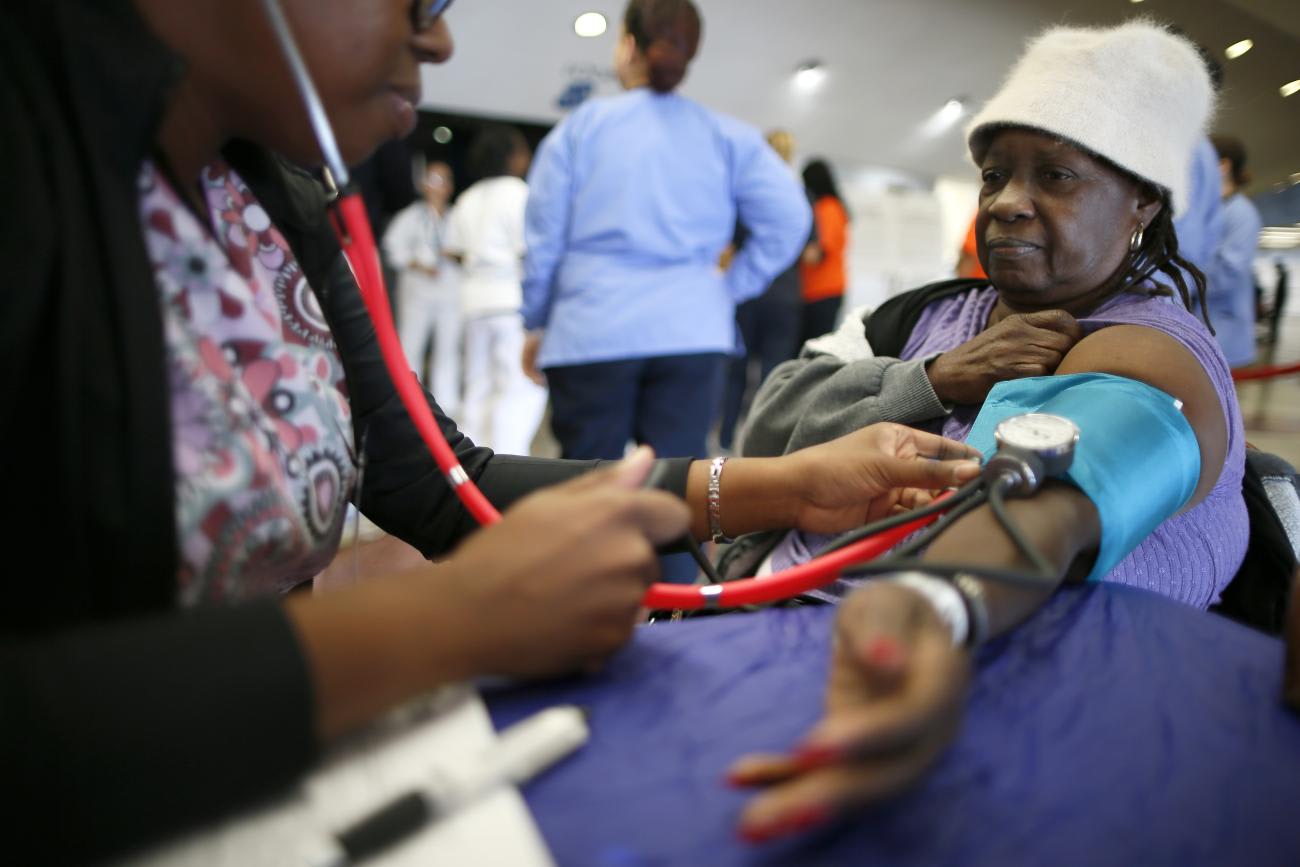
Think Global Health: Which demographic groups experienced the greatest rate of denials and why?
Hoagland: Overall, denial rates in [the population studied]—for this set of services especially—are relatively low, a rate of roughly 1.3%. Across different patient groups, there's a stark gradient that emerges across race and ethnicity, income, and education; the most disadvantaged patient groups experiencing larger demand rates.
For example, the lowest income patients—patients making $30,000 or less annually per household—were 43% more likely to have their claims denied than the highest income group. Perhaps most surprisingly, the denial rates for Asian, Hispanic and non-Hispanic Black patients were roughly twice as common as those for non-Hispanic white patients.
Again, this could be attributed to different mechanisms. In the paper, we highlight two we think the most salient. First, patients from more disadvantaged groups have lower quality insurance plans, which perhaps lean more on denials. [Those plans] are more likely to deny services than more expensive, higher quality health insurance.
On the other hand, it doesn't have to be a story about the insurer. It could also be a story about physicians' offices and the kind of resources that they have to adequately process and bill for claims. These patients could also be going to under-resourced physicians' offices that are more likely to commit billing errors. Ultimately, that ends up translating into patients having to pay bills for care that was supposed to be free to them.
Think Global Health: Which services do you find were denied most often, and why did insurers deny those services at higher rates?
Hoagland: The services with the highest rates of denials were depression screenings, diabetes screenings, and administration of contraceptives—the types of services that fall on patients who might be underrepresented or marginalized across dimensions, such as patients looking for mental health treatments from their primary care provider or women looking for contraception.
Both of these denials, especially for contraceptive administration and depression screening, skewed much more into what we call benefit denials, denials instigated by the insurer rather than the physician. These are cases when an insurer asserts that the contraception or contraceptive device was administered without trying all of these other options first or going for a cheaper version, or that the depression screening was administered inappropriately. Our data doesn't allow us to understand exactly why these services are denied by insurers more than other services. But [we do know] the denials here weren't driven by physician billing errors or something [similar].
Think Global Health: What do these findings mean for at-risk groups in the United States and health equity as a whole?
Hoagland: One of the things we note in the study is that very few of the denied claims are resubmitted to the insurers for payment, so patients are left on the hook for these services fairly frequently.
On top of that, we show that when those bills arrive they're actually 10% to 15% higher for marginalized groups. These groups are hit with a double effect, that they get bills more frequently and then larger bills when those arrive. That effect speaks to entrenching disparities across these groups.
Patients from more disadvantaged groups have lower quality insurance plans, which perhaps lean more on denials
As far as what to do about these denials, it's not very clear, because so many agents are at play. One thing obvious from preventive services is to close the loophole in the Affordable Care Act that standardizes what is and is not preventive care and how it should be billed by physicians and then processed by insurers. Generalizing to all claims denials, however, it simply isn't possible to do that for every single medical service.
For future work, we're thinking about what policies might look like to mitigate claims denials in the first place across a broader set of services. We're also thinking about tools you can give patients to advocate for themselves in the face of a denial: What does it look like to contest a denied claim, and how can patients be more successful at doing that?
Think Global Health: Anything else you would like readers to know?
Hoagland: One important piece of the puzzle is the process that patients and providers follow jointly after a denial. A lot of the attention right now is focused on insurance companies using cold AI models to routinely deny care. Policy could be more effective if it were focused on the side of empowering patients and physicians who work with patients to adequately submit their claims and receive coverage for the care that they need.
Sometimes this process is as simple as a physician's resubmitting a claim with the diagnoses they have in electronic medical record switched. At this point, even that requires significant time from both the provider and the patient.
That's where we're headed with future research: to study that advocacy process and think about policies in that space that can eliminate the inequalities that are placed on patients and providers of different groups.
